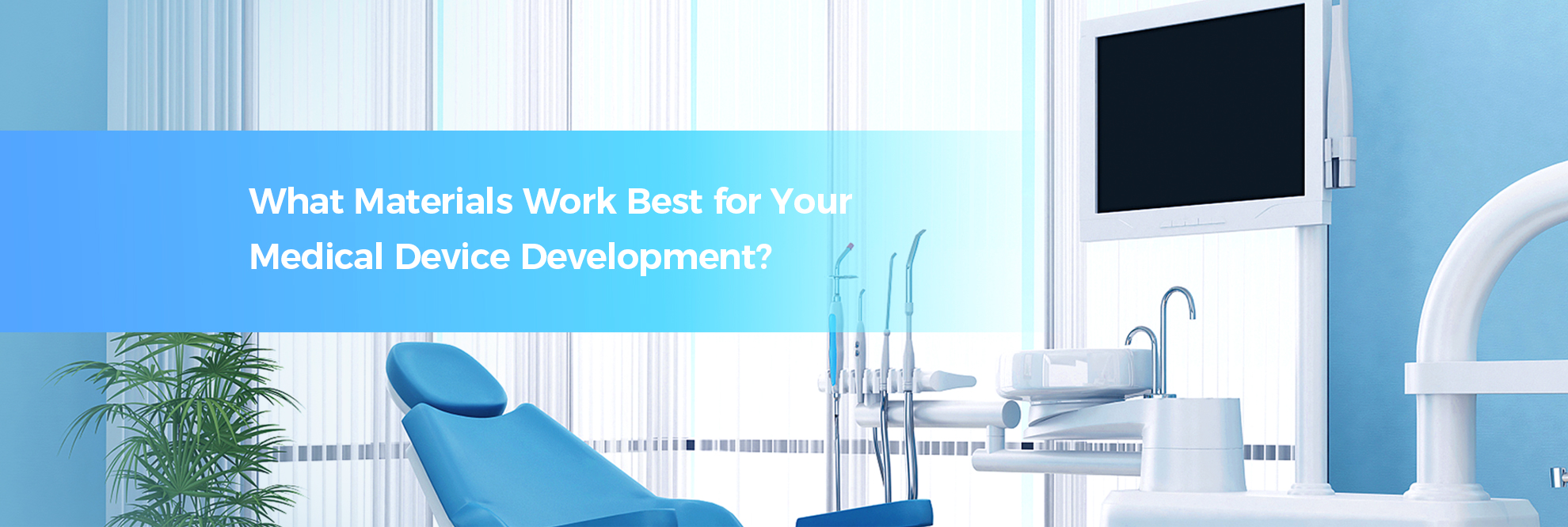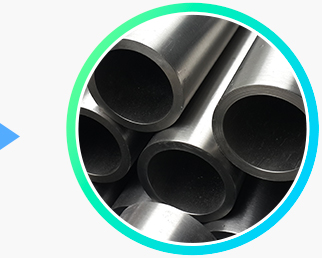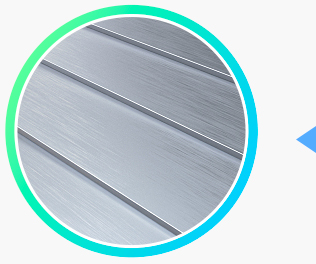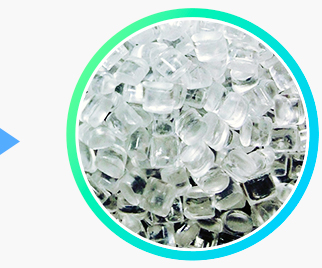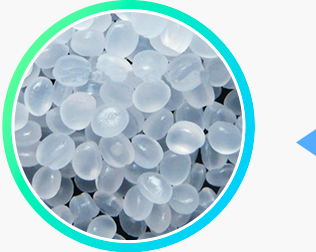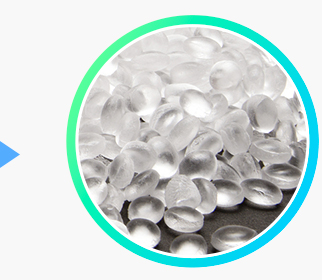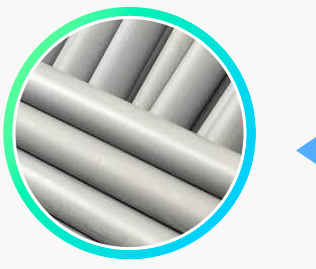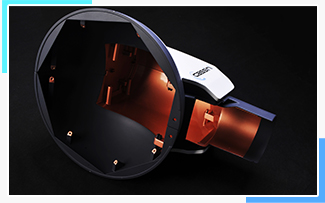STAINLESS STEEL
Stainless steel is corrosion resistant, very durable, temperature resistant, environmentally friendly. The common types are 316 and 316L, highly corrosion resistant, and non-magnetic, which are suitable for medical implants and body piercings, and will not interfere with sensitive instrumentation. Stainless steel is widely used for medical, surgical and dental instruments, and it is suitable for mirror polishing.
